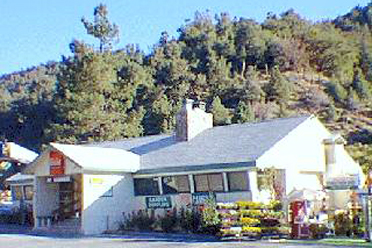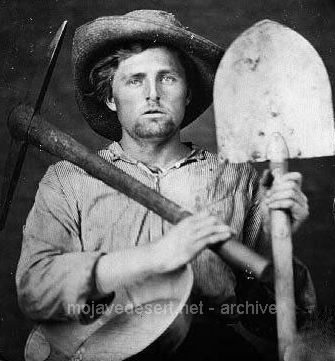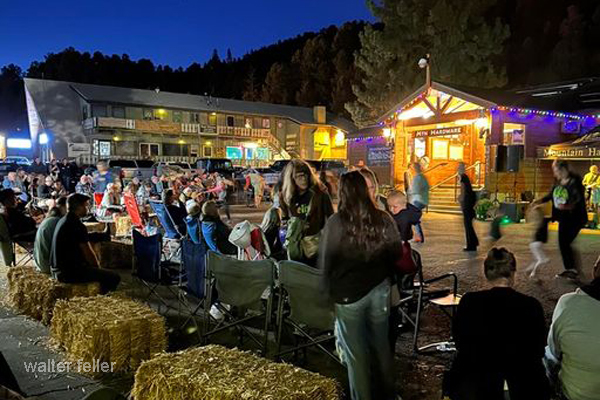Hardware stores were integral to the fabric of towns, especially from the 19th century onwards, but they evolved considerably due to the Industrial Revolution. This era catalyzed the mass production of hardware items, allowing for the creation of dedicated shops that specialized in tools, building materials, and other hardware products. Previously, these items were typically available at general stores or from craftsmen such as blacksmiths or carpenters who directly sold their handmade tools and metal implements.
The term “hardware store” refers to establishments selling hardware. Initially, this meant ironmongery—the production and sale of goods made of iron. This definition has since broadened to include various products made from multiple materials.
As towns developed and populations increased, hardware stores became more than retail spaces. Particularly in rural or developing areas, these stores served as communal hubs where people exchanged news, conducted business, and accessed essential goods. They were crucial in supporting local infrastructure and agricultural activities, providing the necessary tools and materials for building and maintenance.
Store owners and employees often possess extensive knowledge about the practical applications of their products, making them valuable resources for construction advice and problem-solving. This expertise and their role in community engagement made hardware stores central to towns’ economic and social development.
In the 20th century, the rise of DIY culture and suburban development further propelled the importance of hardware stores. Chains and later big box retailers expanded the scope and scale of hardware retail, catering to professionals and DIY enthusiasts with a wide range of products.
Overall, the hardware store’s evolution from an essential provider of tools and materials to a community cornerstone and large-scale retail operation reflects its enduring significance in society.




